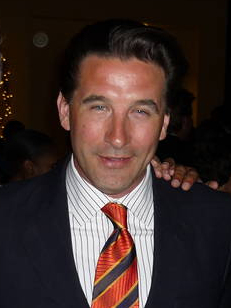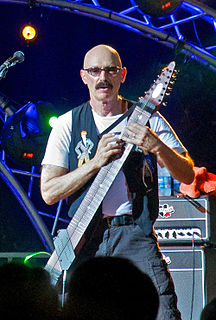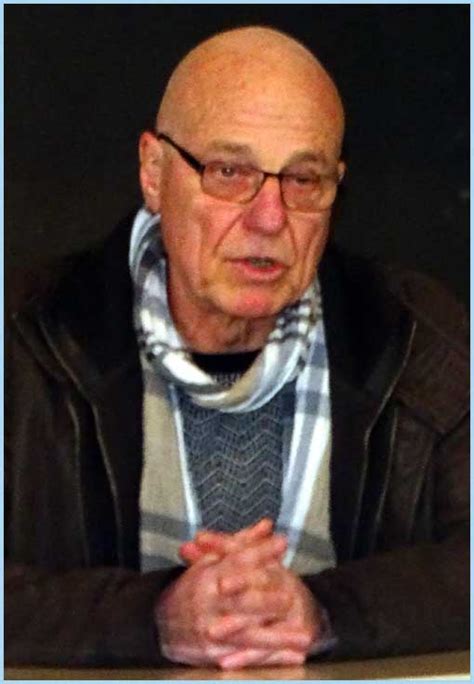A Quote by Pema Chodron
If you see a homeless person on the street, and they need food, housing, medical attention - if you can give that, do it. But at the same time, work with tonglen, because that is how you start dissolving the barrier between you and them.
Related Quotes
I have this horrific thing where I'm really bad with names and faces. I have an appalling memory. Someone will come up to me in the street and go, 'Eddie!', and I'll try and give myself time by going into overdrive, 'Hey, hi! Nice to see you!' and start a whole conversation because I can't distinguish between who I know and who I don't.
We get to go out into the schools and work with the kids on connecting them to their food at a young age, to actually see where their food is coming from, to see that their food is coming from the earth and not just from a supermarket. Once they make that connection, they can start to build upon that.
I used to say to my dad, 'How did you and Mom stay married for all this time?' and he'd say, 'Two things. Number one: You gotta have the same dreams. One person can't be daydreaming about walking down the street in Paris, the other person want to work in a coal mine. Number two: We never wanted to get divorced at the same time.'
I don't think love is a tricky issue at all. Love is best understood when we share: Share time, energy, food, resources, insights, information, whatever. It's usually thought of as something that exists between two people, but that's just because it's easier to see and feel in the space between them. Each person is sharing a lot with the other.
The act of compassion begins with full attention, just as rapport does. You have to really see the person. If you see the person, then naturally, empathy arises. If you tune into the other person, you feel with them. If empathy arises, and if that person is in dire need, then empathic concern can come. You want to help them, and then that begins a compassionate act. So I'd say that compassion begins with attention.
I can remember the time when, if we wanted a house or housing, we relied on private enterprise. In fact, Americans built more square feet of housing per person than any other country on the face of the earth. Despite that remarkable accomplishment, more and more people are coming to believe that the only way we can have adequate housing is to use government to take the earnings from some and give these earnings, in the form of housing, to others.




































